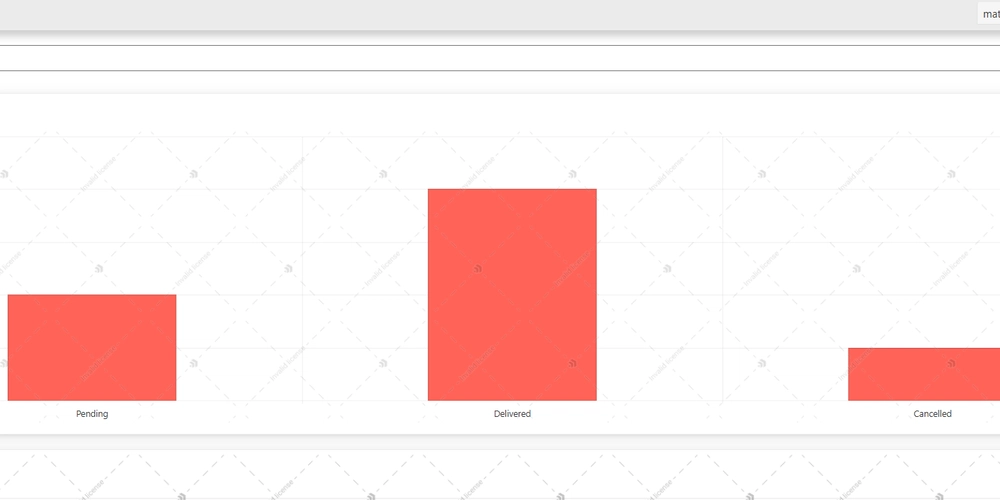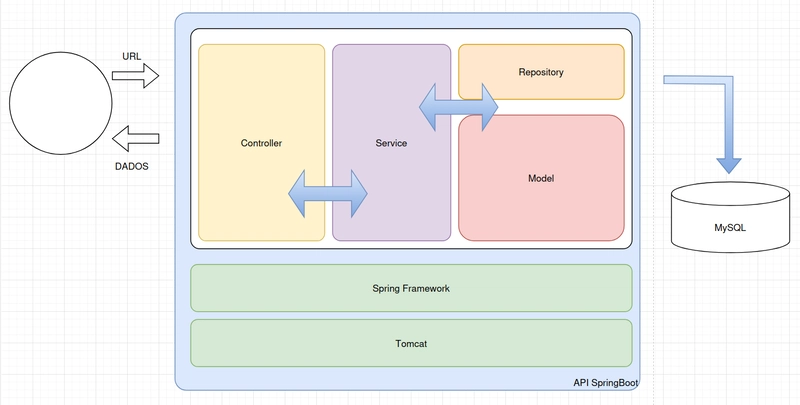Testing Angular Components with Services using Jest
Mock services in component tests to isolate behavior, control responses, and validate interactions without testing the service itself. This keeps tests fast, focused, and free from external dependencies. another-component.ts import { Component, inject } from '@angular/core'; import { MySuperService } from '../my-super.service'; @Component({ selector: 'app-another', template: `My message: {{message}}`, }) export class AnotherComponent { mySuperService = inject(MySuperService); message = ''; showMessage() { this.message = this.mySuperService.getMessage(); } } another-component.spec.ts import { ComponentFixture, TestBed } from '@angular/core/testing'; import { AnotherComponent } from './another.component'; import { MySuperService } from '../my-super.service'; import { By } from '@angular/platform-browser'; describe('AnotherComponent', () => { let component: AnotherComponent; let fixture: ComponentFixture; const mockMySuperServiceMock = { getMessage: jest.fn().mockReturnValue('Super message') }; beforeEach(() => { TestBed.configureTestingModule({ declarations: [AnotherComponent], providers: [ { provide: MySuperService, useValue: mockMySuperService }, ] }); fixture = TestBed.createComponent(AnotherComponent); component = fixture.componentInstance; fixture.detectChanges(); }); it('should create', () => { expect(component).toBeTruthy(); }); describe ('.showMessage', () => { it('should show the message', () => { expect(mockMySuperService.getMessage).not.toHaveBeenCalled(); expect(component.message).toBe(''); component.showMessage(); expect(mockMySuperService.getMessage).toHaveBeenCalledTimes(1); expect(component.message).toBe('Super message'); }); it('should display message in template', () => { component.showMessage(); fixture.detectChanges(); const messageEl = fixture.debugElement.query(By.css('p.message')); expect(messageEl.nativeElement.textContent).toContain('Super message'); }); }); });

Mock services in component tests to isolate behavior, control responses, and validate interactions without testing the service itself. This keeps tests fast, focused, and free from external dependencies.
another-component.ts
import { Component, inject } from '@angular/core';
import { MySuperService } from '../my-super.service';
@Component({
selector: 'app-another',
template: ``
,
})
export class AnotherComponent {
mySuperService = inject(MySuperService);
message = '';
showMessage() {
this.message = this.mySuperService.getMessage();
}
}
another-component.spec.ts
import { ComponentFixture, TestBed } from '@angular/core/testing';
import { AnotherComponent } from './another.component';
import { MySuperService } from '../my-super.service';
import { By } from '@angular/platform-browser';
describe('AnotherComponent', () => {
let component: AnotherComponent;
let fixture: ComponentFixture<AnotherComponent>;
const mockMySuperServiceMock = {
getMessage: jest.fn().mockReturnValue('Super message')
};
beforeEach(() => {
TestBed.configureTestingModule({
declarations: [AnotherComponent],
providers: [
{ provide: MySuperService, useValue: mockMySuperService },
]
});
fixture = TestBed.createComponent(AnotherComponent);
component = fixture.componentInstance;
fixture.detectChanges();
});
it('should create', () => {
expect(component).toBeTruthy();
});
describe ('.showMessage', () => {
it('should show the message', () => {
expect(mockMySuperService.getMessage).not.toHaveBeenCalled();
expect(component.message).toBe('');
component.showMessage();
expect(mockMySuperService.getMessage).toHaveBeenCalledTimes(1);
expect(component.message).toBe('Super message');
});
it('should display message in template', () => {
component.showMessage();
fixture.detectChanges();
const messageEl = fixture.debugElement.query(By.css('p.message'));
expect(messageEl.nativeElement.textContent).toContain('Super message');
});
});
});









































































































































































![[The AI Show Episode 144]: ChatGPT’s New Memory, Shopify CEO’s Leaked “AI First” Memo, Google Cloud Next Releases, o3 and o4-mini Coming Soon & Llama 4’s Rocky Launch](https://www.marketingaiinstitute.com/hubfs/ep%20144%20cover.png)




























































































































![[DEALS] The All-in-One Microsoft Office Pro 2019 for Windows: Lifetime License + Windows 11 Pro Bundle (89% off) & Other Deals Up To 98% Off](https://www.javacodegeeks.com/wp-content/uploads/2012/12/jcg-logo.jpg)




























![Is this too much for a modular monolith system? [closed]](https://i.sstatic.net/pYL1nsfg.png)






















































































































_Andreas_Prott_Alamy.jpg?width=1280&auto=webp&quality=80&disable=upscale#)






























































































![What features do you get with Gemini Advanced? [April 2025]](https://i0.wp.com/9to5google.com/wp-content/uploads/sites/4/2024/02/gemini-advanced-cover.jpg?resize=1200%2C628&quality=82&strip=all&ssl=1)












![Apple Shares Official Trailer for 'Long Way Home' Starring Ewan McGregor and Charley Boorman [Video]](https://www.iclarified.com/images/news/97069/97069/97069-640.jpg)
![Apple Watch Series 10 Back On Sale for $299! [Lowest Price Ever]](https://www.iclarified.com/images/news/96657/96657/96657-640.jpg)
![EU Postpones Apple App Store Fines Amid Tariff Negotiations [Report]](https://www.iclarified.com/images/news/97068/97068/97068-640.jpg)
![Apple Slips to Fifth in China's Smartphone Market with 9% Decline [Report]](https://www.iclarified.com/images/news/97065/97065/97065-640.jpg)



































































































































